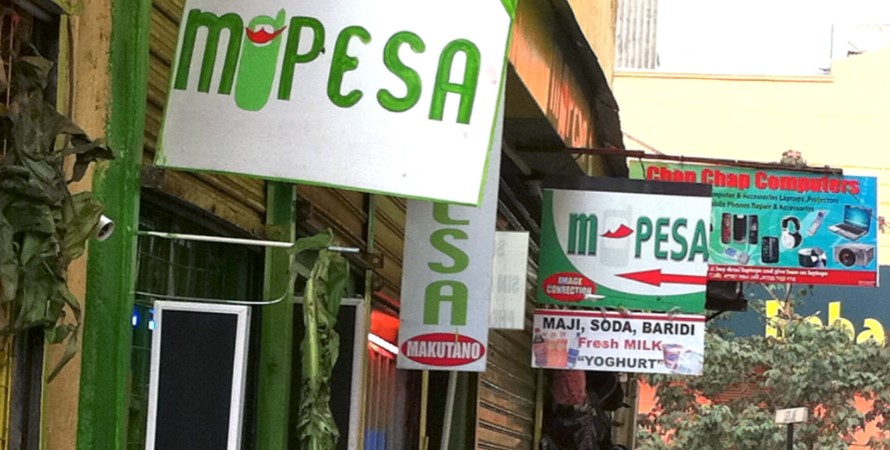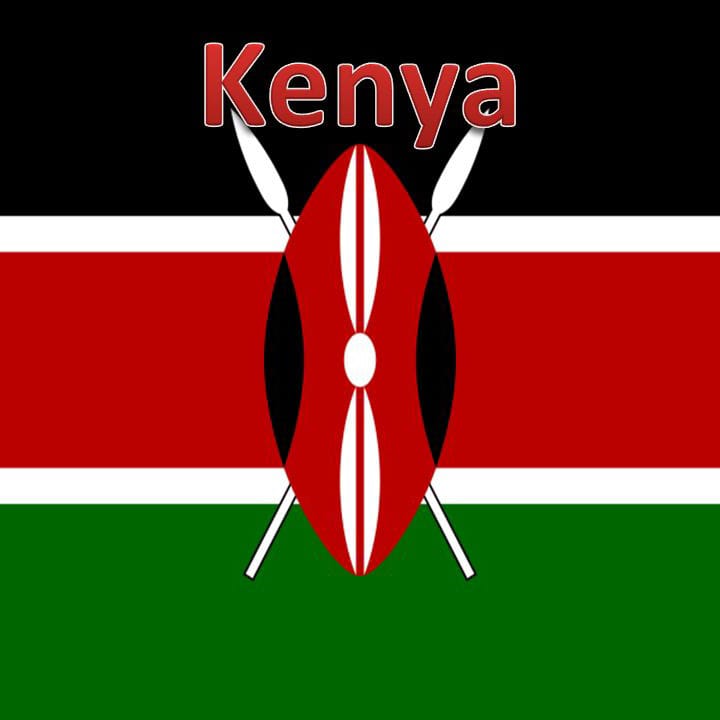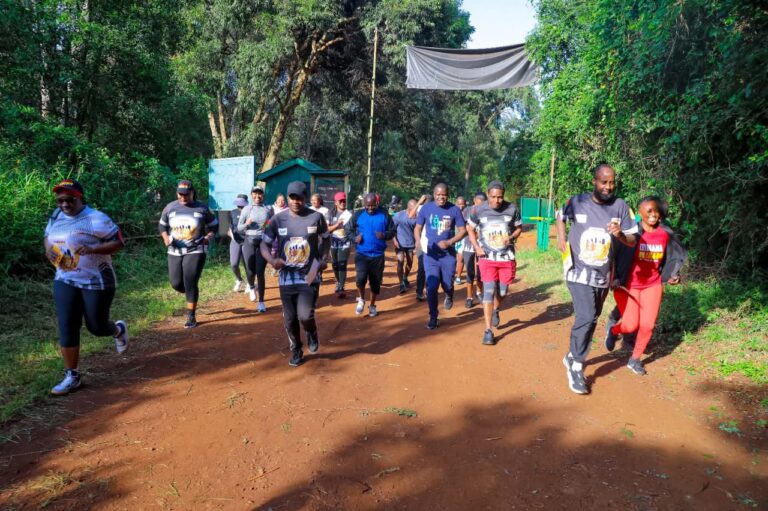
By Domnic Wekesa
M-PESA revolutionized mobile money. But behind its global success lies a complex, troubling story.
Launched in Kenya in 2007, M-PESA was hailed as a game-changer. It gave millions access to financial services through mobile phones. Today, over 50 million people across Africa rely on it. But a new documentary, “The Disturbing History of M-PESA,” reveals a hidden narrative—one marked by exploitation, foreign control, and systemic inequality.
A British Idea, a Kenyan Market
M-PESA was developed not by Kenyans, but by Vodafone UK. With funding from the UK’s Department for International Development (DFID), Vodafone sought a way to help people in developing countries send money via mobile phones.
Kenya became the testing ground.
Safaricom, Kenya’s largest mobile operator—partly owned by Vodafone—was the local partner. M-PESA quickly took off. By 2010, it dominated Kenya’s economy.
But here’s the problem: most of the profits and control never stayed in Kenya.
Who Really Owns M-PESA?
The documentary exposes a major issue: while M-PESA runs on Kenyan infrastructure and serves Kenyan users, it’s owned by foreign companies.
-
Vodafone (UK) initially held the intellectual property (IP) rights.
-
Later, a subsidiary called Vodafone Intellectual Property Licensing (VIPL)—registered in a tax haven—took over.
-
Safaricom, despite being the face of M-PESA in Kenya, had no control over the core technology or international expansion.
The result? Billions in revenue flow out of Kenya each year.
Kenya built the platform’s success. Yet foreign corporations extract the value.
The Government’s Role—and Its Failure
M-PESA is deeply embedded in the Kenyan economy. It powers banking, payments, loans, savings—even taxes. But the government failed to secure full ownership or oversight.
When Safaricom went public in 2008, the Kenyan government retained a 35% stake. Vodafone had 40%. But the state didn’t push to reclaim the IP rights. Nor did it demand a seat at the table on international decisions.
Why not?
The documentary suggests lack of vision, weak regulation, and political complicity.
Tax Havens and Lost Revenue
M-PESA’s licensing is routed through the UK and offshore jurisdictions like Mauritius. These setups minimize taxes and maximize profits for Vodafone and its affiliates.
Meanwhile, Kenya loses potential revenue that could fund public services.
-
How much has Kenya lost in 15+ years of M-PESA operations?
-
Who approved the licensing deals?
-
Can the country reclaim control?
These questions remain unanswered.
M-PESA’s Dark Side: Surveillance and Monopoly
M-PESA’s dominance raises other concerns:
-
Data privacy: Who owns user data? Safaricom? Vodafone? The Kenyan government?
-
Financial surveillance: M-PESA records every transaction. That data can be used for monitoring—and manipulation.
-
Market monopoly: With over 99% of mobile money market share in Kenya, M-PESA stifles competition.
In some cases, vendors who attempt to integrate alternative payment platforms are shut out. The ecosystem is closed, tightly controlled, and opaque.
Global Recognition, Local Exploitation
Internationally, M-PESA is praised.
-
The World Bank called it a model for financial inclusion.
-
Harvard Business Review wrote glowing case studies.
-
NGOs showcase it as innovation from the Global South.
But the reality is more complicated.
The platform was designed in Europe, tested in Africa, and scaled globally with profits going back to Europe. Kenyan developers, entrepreneurs, and regulators were sidelined.
What Can Be Done?
The documentary ends with a call to action.
-
Audit the licensing agreements.
-
Push for IP repatriation.
-
Create laws that protect Kenya’s digital economy.
-
Invest in homegrown fintech solutions.
-
Demand transparency from multinationals.
M-PESA changed lives. But it also locked Kenya into a system where foreign interests dictate local economics.
As Kenya becomes a hub for digital finance, the country must confront the legacy of M-PESA—and decide whether the next big innovation will truly belong to its people.



